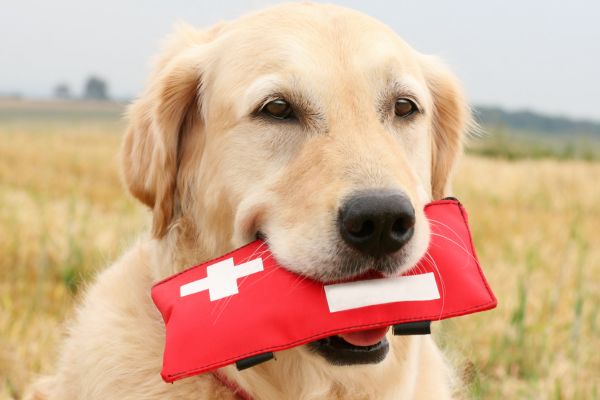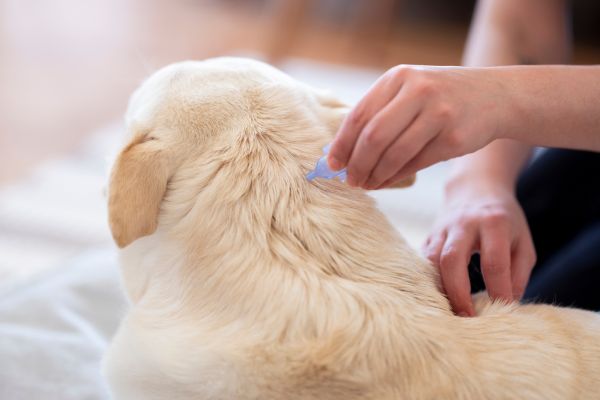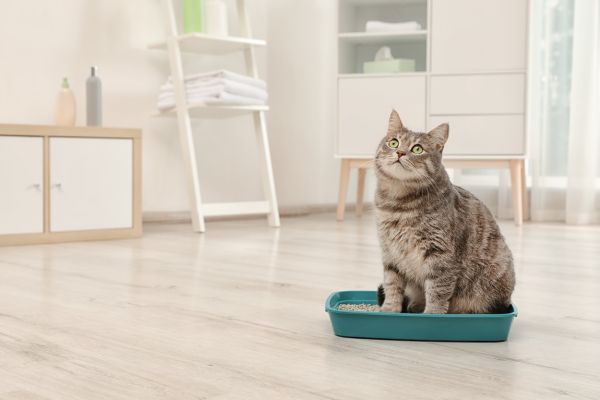Cat crisis Figures show that cats are the most frequently rescued animals
Cat crisis Figures Greater London and West Midlands have the top two spots for the most cats rescued. On February 26, a group representing cat and vet associations came together to call attention to the cat overpopulation crisis that is currently facing the UK.
To commemorate the International Day of Neutering Pets, we have revealed that cats are among the most commonly rescued animals by our frontline officers.
There aren’t enough shelters for all of the homeless cats
Officers saved more than 22,000 cats in 2018 and received over 150,000 calls about cats at its national control centre. This is equivalent to 18 calls about cats an hour.
The Cat Population Control Group (CPCG), calls for kittens being neutered by four months. This will prevent unplanned litters and decrease the number of cats in our care.
Carrie Stones was our Cat Population Control manager.
Our cats are the most commonly rescued animals and we get hundreds of thousands calls every year about their welfare. Because there aren’t enough homes available for the many cats we see, the UK is currently facing an overpopulation crisis. Our recommendation is to spay or neuter cats at four months of age to prevent unwanted litters from being born.
London wins the top spot
Figures show that Greater London has the most cats saved with 2,350 cats brought into our care by the capital in just one year.
C4 in Greater London, a cat-neutering initiative, is celebrating its 20th year. In that time, the project has neutered more 150,000 cats. This is the same number as Oxford’s entire population. London was followed by the West Midlands, where 1,887 felines were saved by our frontline officers.
Over 1,500 cats were rescued in Greater Manchester. The Greater Manchester Animal Hospital staff are celebrating World Spay Day with a mobile neutering van that will be traveling around Greater Manchester, offering discounted or free neutering to cat owners. This program was made possible by Support Adoption for Pets. Pets at Home’s charity arm, Pets at Home’s Discretionary Settlement, and Pets at Home’s Charitable Trust W.G Harvey’s Discretionary Settlement.
9 percent of cats have never been neutered
The 2018 PDSA Animal Wellbeing report (PAW Report) revealed that 9 per cent of cats aren’t neutered. This equates to 999,000 cats unneutered in the UK.
Top reasons not to neuter include:
- The owner didn’t think about it (24%).
- The cat isn’t allowed to go outside (15 percent).
- They were too young (15%)
The PDSA reported last year that 13% owners of female cats claimed their cat had atleast one litter. 70% of these owners also said their cat’s pregnancy wasn’t planned.
It will make a big difference in reducing the unplanned litters by neutering cats at four months instead of six months. It is possible to reduce the number homeless cats.
We are collaborating with other charities to tackle the problem
In 2017, we neutered 38.474 cats, not including branches, and Cats Protection neutered 15.3 million felines.
Jane Clements was the Cats Protection head of neutering.
The CPCG collaboration allows the charities to effectively work together to reduce the number of litters accidentally born. This is essential to preventing cats or kittens from being placed in shelter care or being abandoned on the streets.
Cats Protection has also launched its stray cat project (Cat Watch), in six UK regions. This project aims to estimate the number and improve the welfare of cats in urban areas. Bulwell, Nottingham was the first to launch the trial. In 2018, there were no homeless kittens on Bulwell’s streets.
Additional Resource:
https://www.pexels.com/search/cat/
https://en.wiktionary.org/wiki/cat
https://www.cdc.gov/healthypets/pets/cats.html


